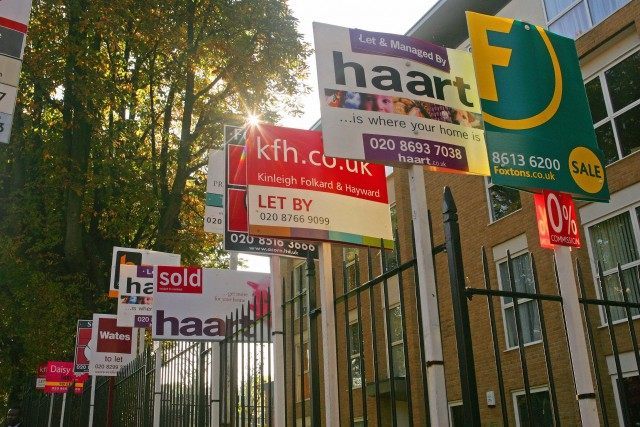SINGAPORE, July 28 (Reuters) – Britain on Tuesday said it would clamp down on the use of “dirty money” to buy up expensive properties, promising to expose the owners of anonymous foreign shell companies hiding cash in London’s buoyant housing market.
Prime Minister David Cameron, speaking in Singapore on a regional trade visit, said the promise was part of anti-corruption efforts to ensure that Britain did not become a “safe haven for corrupt money from around the world”.
“We know that some high-value properties – particularly in London – are being bought by people overseas through anonymous shell companies, some of them with plundered or laundered cash,” Cameron said. “There is no place for dirty money in Britain.”
Property in parts of London is among the most expensive in the world which, combined with strong property law and looser restrictions on foreign buyers than some international peers, makes it an attractive place to bury cash in assets that will hold their value.
In 2012 a British court ruled that an eight-bedroom London mansion, worth 10 million pounds, had been bought using stolen Libyan state funds by Saadi Gaddafi, son of former dictator Muammar Gaddafi.
Around 122 billion pounds of property in England and Wales is owned via offshore companies, Cameron said, announcing that a central registry of land and properties owned by foreign firms would be set up in the coming months, giving details of who owns around 100,000 property titles.
“We need to stop corrupt officials or organised criminals using anonymous shell companies to invest their ill-gotten gains in London property, without being tracked down,” he said.
Anti-corruption campaign group Global Witness welcomed the measures, saying improved transparency would have a strong persuasive effect in deterring criminals looking to hide stolen money.
“The challenge will be to make sure than any information kept on a register is up to date and accurate,” said Robert Palmer leader of Global Witness’ campaigns involving banks and anonymous companies.
He also urged the government to press for similar levels of transparency from Britain’s overseas territories, many of which are used in the complex company structures often used to avoid or evade tax.
Legal firm Eversheds cautioned that, while welcome, the measures alone would not be enough to stop the flow of money through the property market.
“The offshore corporate landowners are not the end of the trail,” said Polly Sprenger, a specialist in corporate and economic crime at Eversheds.
“For real advancement, the government would need to insist on exposure of the ‘ultimate beneficial owner’, that is, the individuals behind the corporate front.”
Cameron also said the government was considering implementing rules to force foreign firms wishing to bid on government contracts to provide full details on their ownership structure.
By Edgar Su (Writing by William James in LONDON; Editing by Kate Holton and Raissa Kasolowsky)

COMMENTS
Please let us know if you're having issues with commenting.